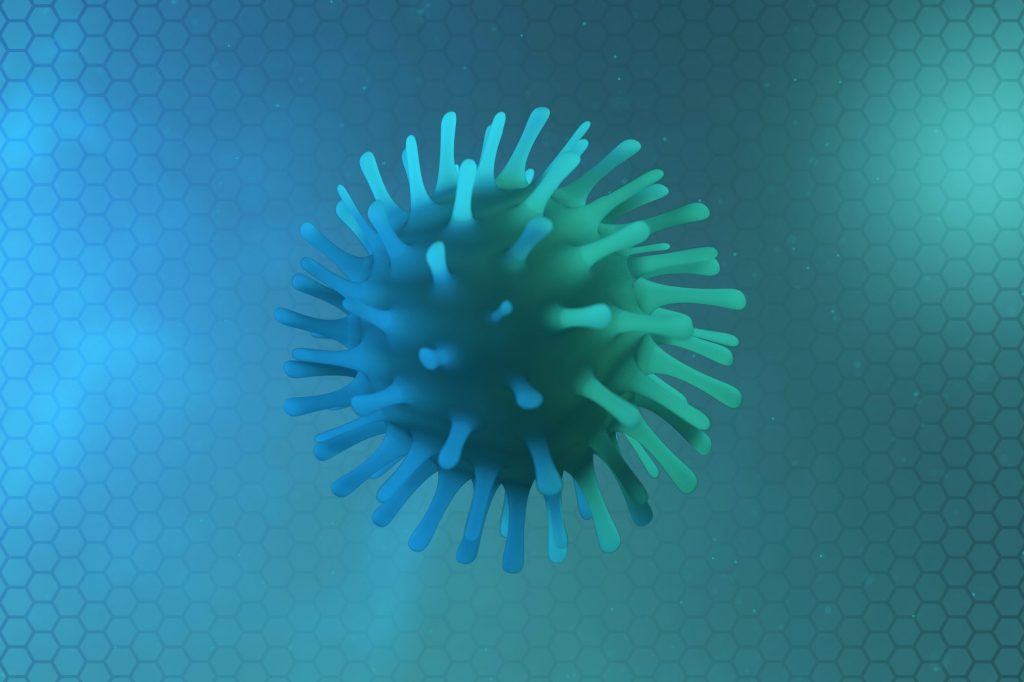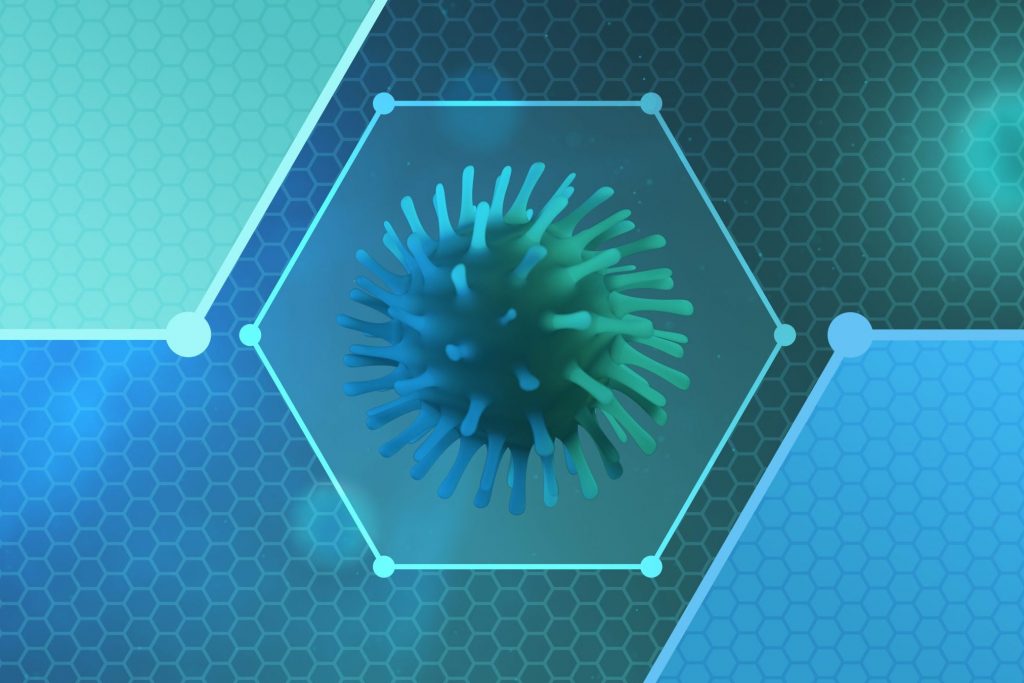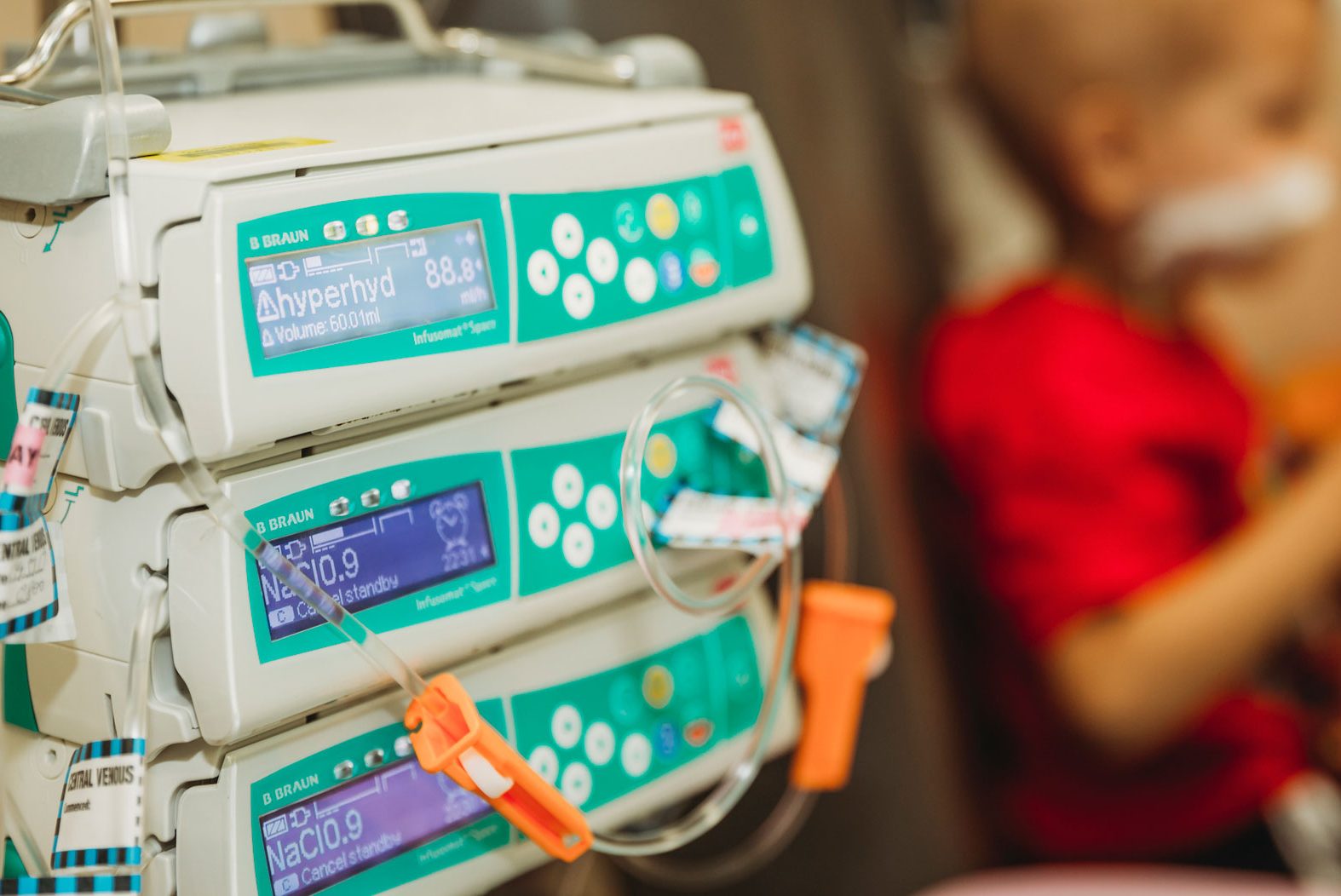Three ANZCHOG trials awarded funding by Australian Government Clinical Trial Initiatives
Three ANZCHOG trials have been awarded over $1.96 million from the Australian Government to support clinical trial activity in Australia. Through the Medical Research Future Fund (Clinical Trial Activity for Rare Cancers, Rare Diseases and Unmet Need) – Childhood Brain Cancer Opportunity, the trials will receive funding for up to 5 years and will be administered through Monash University and Hudson Institute of Medical Research.
The Trametinib in Neurofibromatosis-associated Tumours (TiNT) study is a phase II trial using trametinib (a promising MEK inhibitor) in patients with neurofibromatosis type 1 (NF1) associated progressive optic pathway gliomas. This trial was designed and developed by Australian and New Zealand researchers, and aims to assess the efficacy and further evaluate the safety of trametinib in a population of patients with NF1 associated tumours not amenable to standard therapy.
“Around 15% of children with NF1 will develop low grade tumours involving the optic nerves or pathways. With our current treatment strategies, the survival rate is high, but many of these children will suffer progressive loss of vision and other complications of the tumour,” said Australian Principal Investigator Associate Professor Geoffrey McCowage. “Trametinib has shown very promising results thus far, and this trial will test if it can help with the visual and neurocognitive deficits experienced by children with optic pathway gliomas. It is so important that we continually strive to improve quality of life for children who survive their cancer diagnosis.”
“Funding provided through the MRFF grant opportunity means that ANZCHOG can support Australian centres to open and run these important brain cancer trials. While the current and future trial opportunities offered by our international colleagues are vital, it is also important to develop our own clinical trials to address questions that are important to us. This provides a mechanism to build Australian capacity, knowledge and our reputation as world-class research contributors and leaders in this space.”
ACCT Chair Associate Professor Geoffrey McCowage
Two additional ANZCHOG studies have been funded through the Medical Research Future Fund (Clinical Trial Activity for Rare Cancers, Rare Diseases and Unmet Need) – Childhood Brain Cancer Opportunity, allowing Australian children and adolescents diagnosed with brain cancer to access the latest international clinical trials. One of these trials CONNECT 1903, will assess if a new drug, larotrectinib, can benefit children diagnosed with high-grade gliomas. This international trial from Collaborative Network for Neuro-oncology Clinical Trials (CONNECT; based in United States), which Australian centres are a member of, will study how well the drug is tolerated and its effectiveness to shrink these tumours when used alone or when given with standard chemotherapy or after radiation.
“High-grade gliomas have a very poor survival rate with limited new clinical trial options. Recent research shows that the new oral drug, larotrectinib has reduced the size of some solid tumours that have an abnormal or mutated NTRK gene in adults and children,” said Australian Principal Investigator and ANZCHOG Central Nervous System Group Chair, Professor Nick Gottardo. “This trial is the first to test larotrectinib in paediatric brain cancers with these same mutations, and makes it possible for ANZCHOG to continue providing Australian children with access to the latest innovative clinical trials.”
The second internationally-led study is the MET-MED trial, which will examine if treatment with metformin – a well-known agent for adult diabetes – can improve brain functioning after treatment for brain cancer. Therapies that foster brain growth offer the potential to repair the damage caused by intensive treatments required for survival. This trial will examine if treatment with metformin can improve neurocognition and repair brain injury in children who have completed treatment for medulloblastoma. Dr Jordan Hansford will lead this international trial developed by SickKids Hospital, Toronto.
In addition, ANZCHOG will be the Australian and New Zealand sponsor for the LOGGIC study (a phase III, randomised, international multicentre trial for children and adolescents with non NF1-related low-grade glioma), also awarded funding from this funding opportunity (through the University of New South Wales; Chief Investigator Associate Professor David Ziegler).
For more information about the Medical Research Future Fund (Clinical Trial Activity for Rare Cancers, Rare Diseases and Unmet Need) – Childhood Brain Cancer Opportunity or any of the new trials made possible by this funding, please contact ANZCHOG (info@anzchog.org).
To view Greg Hunt’s media release: Click Here
ANZCHOG news:


